A staple since biblical times, ful mudammas is a Palestinian dip made with fava beans with garlic, tomatoes and seven spices, combining to create an addictive umami quality that makes it disappear in minutes when presented at a party. In this instalment of The Tastemakers, Palestinian-American Nadia Gilbert shows us how to make it.
AMEX ESSENTIALS: Could you introduce yourself, for those who don’t know you?
Lovely to meet you, my name is Nadia Gilbert! I am a Palestinian-American cinematographer, visual artist and home chef living in Brooklyn, New York. I freelance in the camera department of the film world, and host/produce my cooking show, ‘Sahtein!’.
Why and how did you start cooking on your YouTube channel?
When I first moved to New York, I ached for my mother’s cooking and the aromas and flavours of a Palestinian home. There is something so healing about this cuisine, and I became determined to teach myself to execute these dishes, obsessively learning all I could about professional and master-grandmother techniques in the kitchen. Before I knew it, I became the ‘chef’ of my social circle, was catering indie film sets and events, and saw first-hand the power my food had to ground and connect people.
I shot the first episode of ‘Sahtein!’ 4 years ago with my friend Sara Laufer in my tiny Brooklyn kitchen, with the intention of sharing one of my favourite dishes, ‘Eggplant Fatteh’, which was a hit among my friends. I didn’t expect it to get the attention it did – or for the following to grow the way it did. I realised that I was creating something quite special, and the world craved authentic, home-cooked Palestinian food. And it brought me such joy to share, I had to continue!
Can you explain what “sahtein” means?
“Sahtein” directly translates to “two healths” in Arabic, like our version of “bon appetit”. It is a beautiful sentiment that wishes this food will give you double the blessings and double the nourishment. This really aligns with the spirit of Palestinian cuisine, which is deeply healing to the body – I like using this word to put a little bit more love into the foods I serve others.
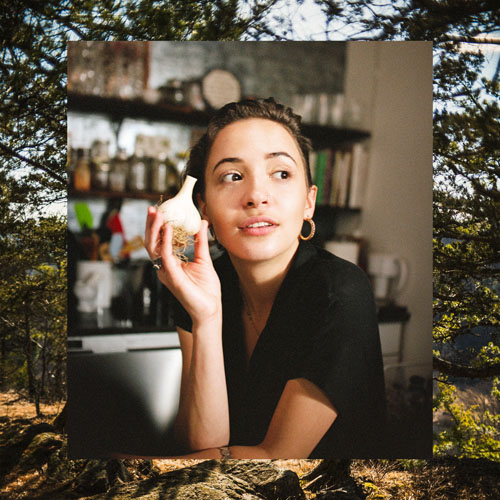
“Sahtein” directly translates to “two healths” in Arabic, like our version of “bon appetit”. It is a beautiful sentiment that wishes this food will give you double the blessings and double the nourishment.
What’s your cooking mantra?
Be present with every part of the experience. Preparing food is a deeply meditative and joyous act. When I sit down to eat, I take a moment to imagine where this food came from: the field it was grown in, how it was picked… If I’m eating an animal, I imagine that animal living and free. I then picture this food in my body, and my system digesting it. After I eat, I watch how my body and mind feels in the hours after. This “pre-digestion” and reflection is also incredibly helpful in understanding portions and getting real with how much fuel the body needs.
Tell me about ful mudammas: What is it? What about it do you enjoy the most? And on what occasions would you serve it?
Ful Mudammas (sometimes spelled “fool”) is a savoury dip made from fava beans, with garlic, tomatoes and seven-spice blend. Ful has a long history: it has been a staple since biblical times as a source of protein, and is packed with fibre, iron, magnesium and many other vitamins and minerals. Fava beans have a distinctive taste that is nutty and savoury, with that addictive umami quality that keeps you coming back for more.
Ful can be eaten any time of day, but we know it mainly as a brunch item, alongside the typical bounty of the mezze platter: fresh pita, labneh, hummus, some type of salad, soft-boiled eggs, an array of raw vegetables, zaatar and olive oil. I’ve also made it as a snack for parties, and it has disappeared within minutes. If you want to eat it like a real Palestinian grandmother, eat it with raw onion slices that have been sitting in olive oil – trust me.
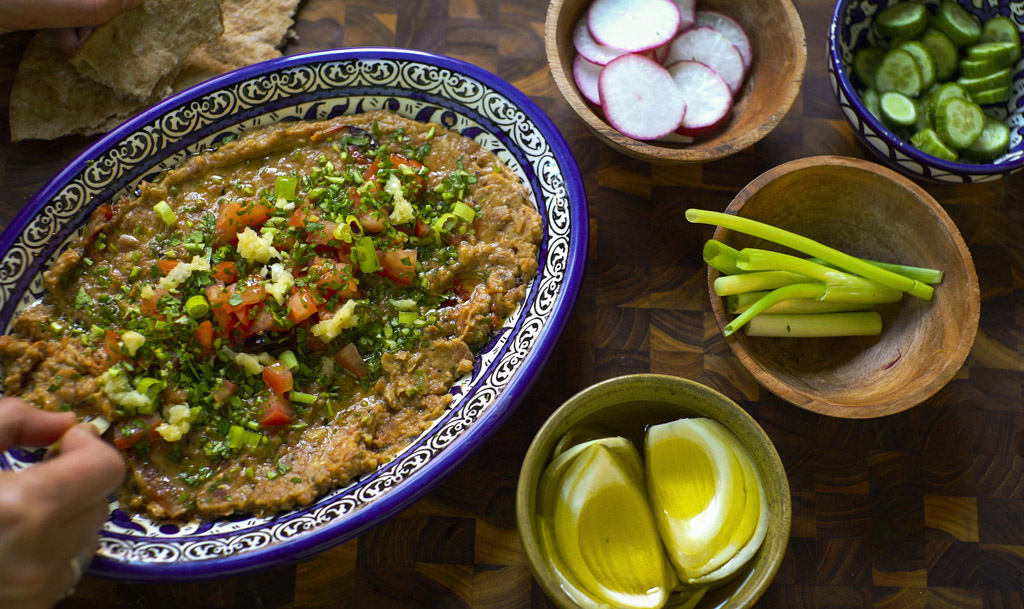
Where do you hope your adventures in food will take you?
‘Sahtein!’ has evolved into more than a bank of recipes: it is a representation of an ancestry. Food is such a powerful way to directly connect people on a soul level – I’m interested in seeing how far I can take this by taking the show to higher levels, hosting in-person and virtual experiences, and continuing to speak about Palestinian food and culture. This journey has continued to surprise me, and I’m excited to see where it will take me next.
What are some of your favourite Palestinian dishes?
Palestinian food is as diverse as the landscape it comes from, with big flavours and deep respect for each ingredient. That said, I have many favourites – but there are a few that are my well-known obsessions.
Molokhia is a dish that has not yet been popularised in the west, but I am waiting for it to happen. Molokhia (“jute mallow” in English) is an incredible green with similarities to spinach, but a completely unique taste; the leaves are rich in vitamins and minerals. I haven’t found it fresh in the US, but it can be found frozen in most Levantine grocery stores. We cook it as a garlicky, lemony green soup with broth, and typically have it with rice and roasted chicken. I can have endless bowls of this. It’s just so good.
Another favourite of mine is Freekeh soup, which is a deeply restorative bowl of freekeh (an ancient, incredibly nutritious grain that is high in protein and fibre) cooked in a broth with caramelised onions. I have a recipe for this on my channel. It’s so easy to make, and one of the best things for a cold, rainy day, or any time one is feeling unwell.
What does Palestinian food mean to you, personally?
Sharing the beauty and diversity of Palestinian food is, for me, an act of honouring my ancestry, while bringing it into the future in an accessible way. The land that is Palestine has gone through transfers of power structures throughout history, and the entire region of the fertile crescent has been colonised by different groups. New settlers have been drawn to the land, and began eating and learning about the local food.
With all of this, the culture of the indigenous Palestinians has continued to evolve, and our food has with it. This cuisine continues to be a representation of a culture with centuries of tradition, rooted in a land of multitudes. My Palestinian identity is that of someone in diaspora – living outside of Palestine – as most of my family had to uproot and flee their homes from European settler violence in 1948. Cooking this food and sharing these traditions with the world keeps me connected to that land, and honours this lineage of wisdom and a deep relationship to the Earth. I’m honoured that so many people have felt connected to and healed by this food, wherever they come from.

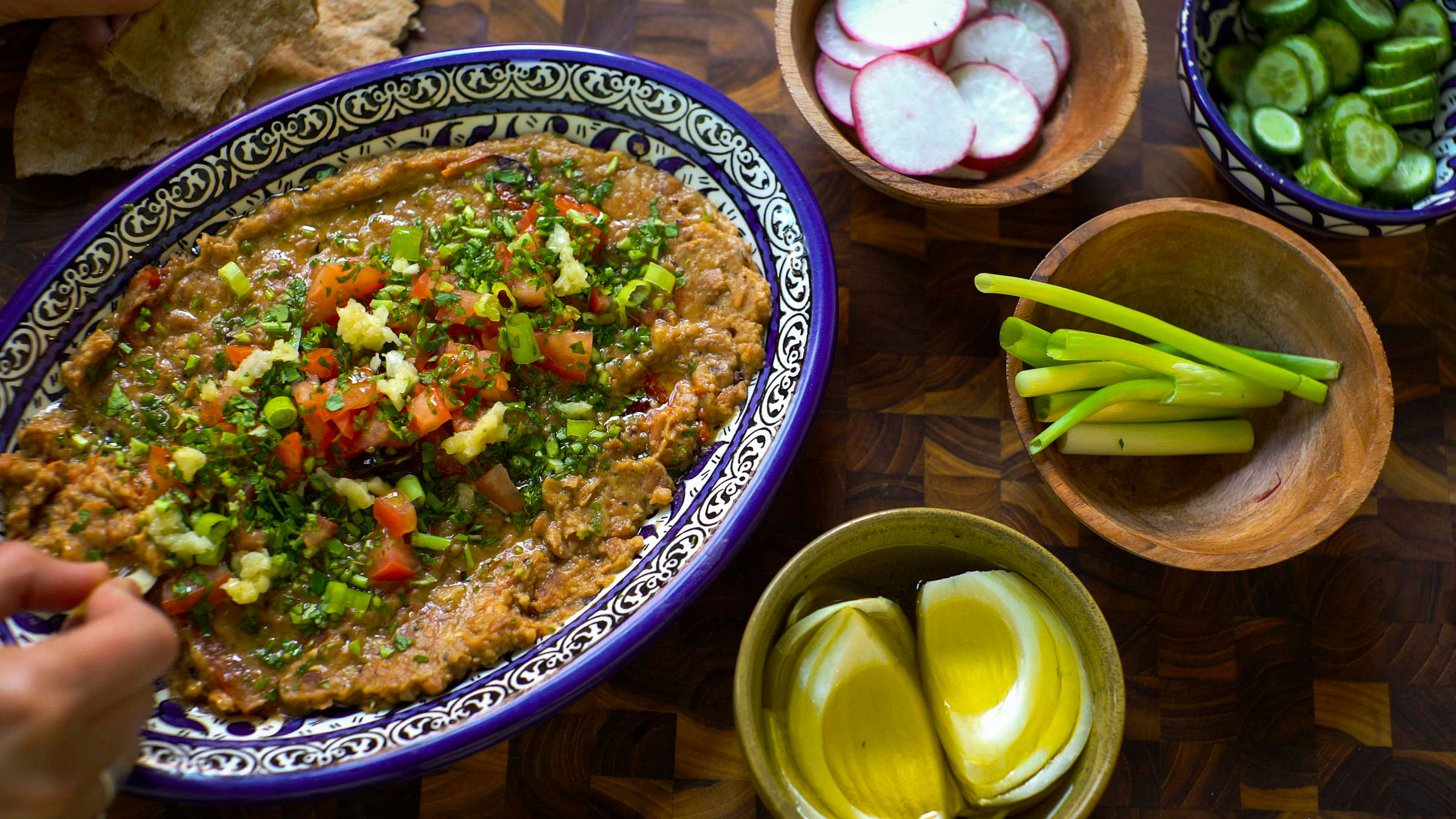
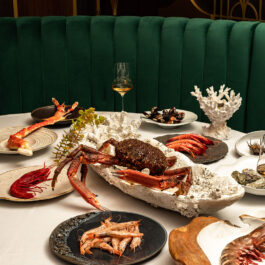



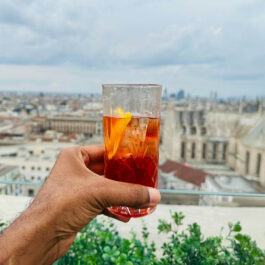
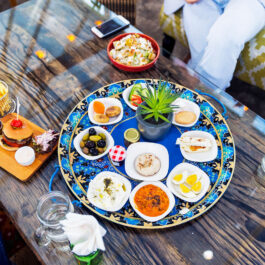
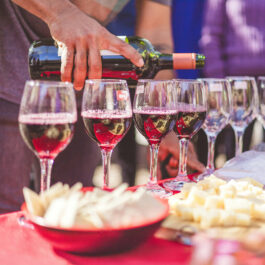
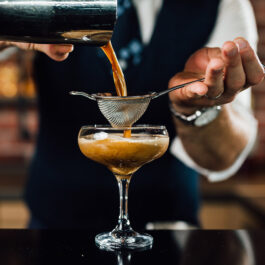
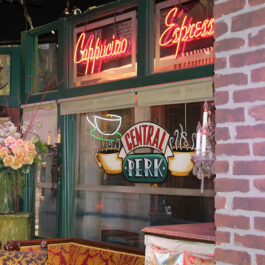
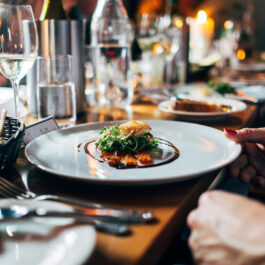
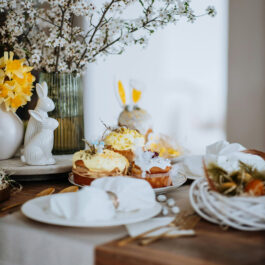
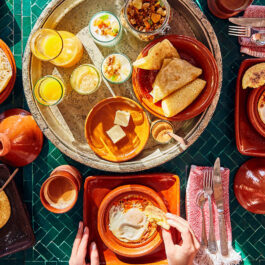
Sorry, the comment form is closed at this time.